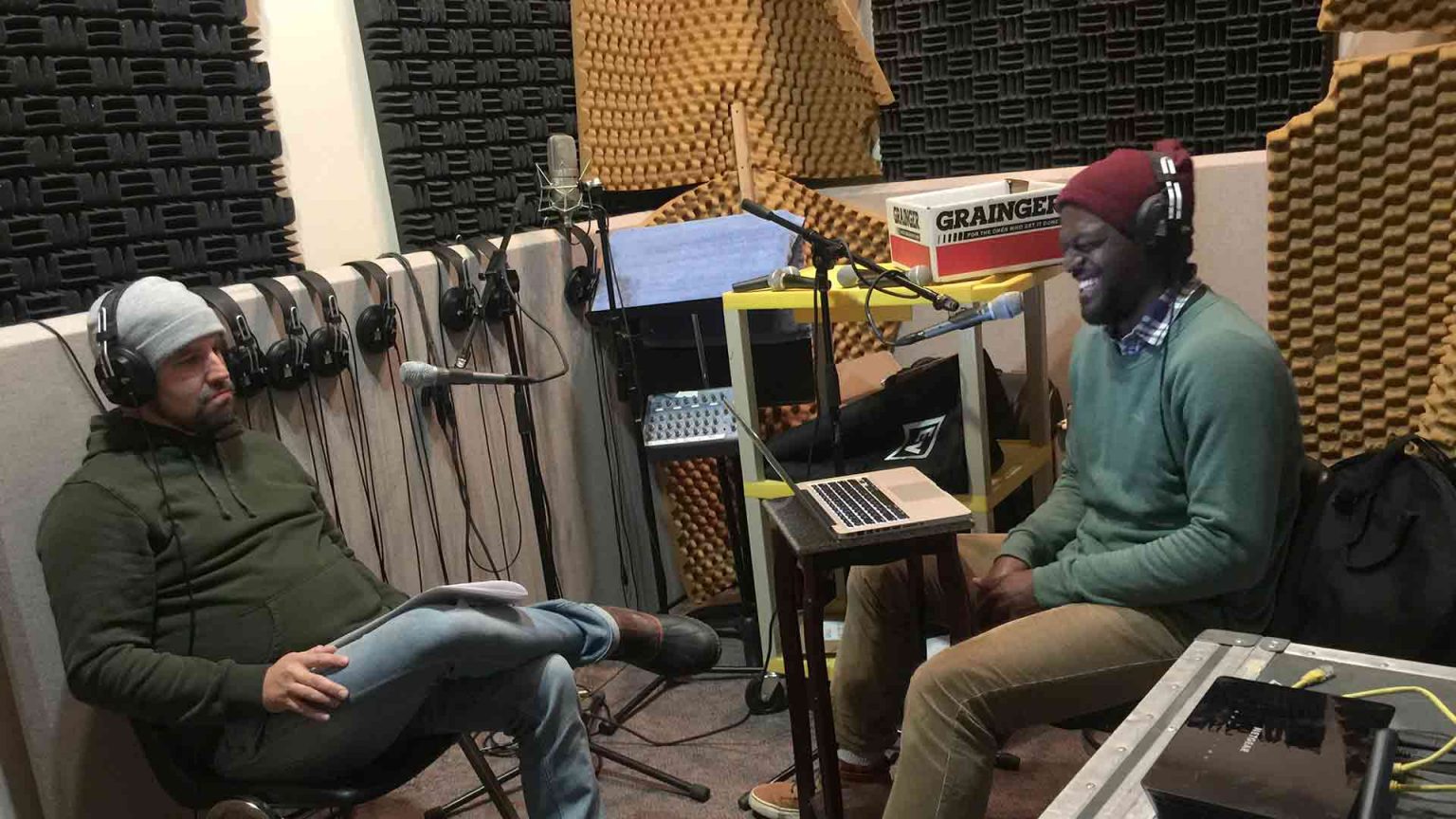

If I had to convince denominational representatives that hip-hop wasn’t inherently “evil,” Cypher Church wouldn’t exist. The alternative is to produce new expressions outside of institutional approval. Given the options, the question is less about where the safe spaces are, but who will create new brave spaces for belonging.

Giftedness is not something confirmed by the gatekeepers of the dominant church, but rather something that is God-given, commissioned, and affirmed.Īlthough some churches talk about the work of decentering whiteness and decolonization, there’s little proof that change can or will occur. Minorities searching for belonging must still rely on the arduous task of working for change within an institution centered on whiteness. As for multiethnic churches, the center of thought and practice often remains dominated by white theologians, white leaders, and white denominations. Although the racialized church offers space for indigenous groups to live out their identity in full, people within such spaces can also struggle to connect beyond.

Others have sought the appeal of a multiethnic church community. Many remain in the racialized church they’ve always known. Where are the safe and brave church spaces for Christians of color?


 0 kommentar(er)
0 kommentar(er)
